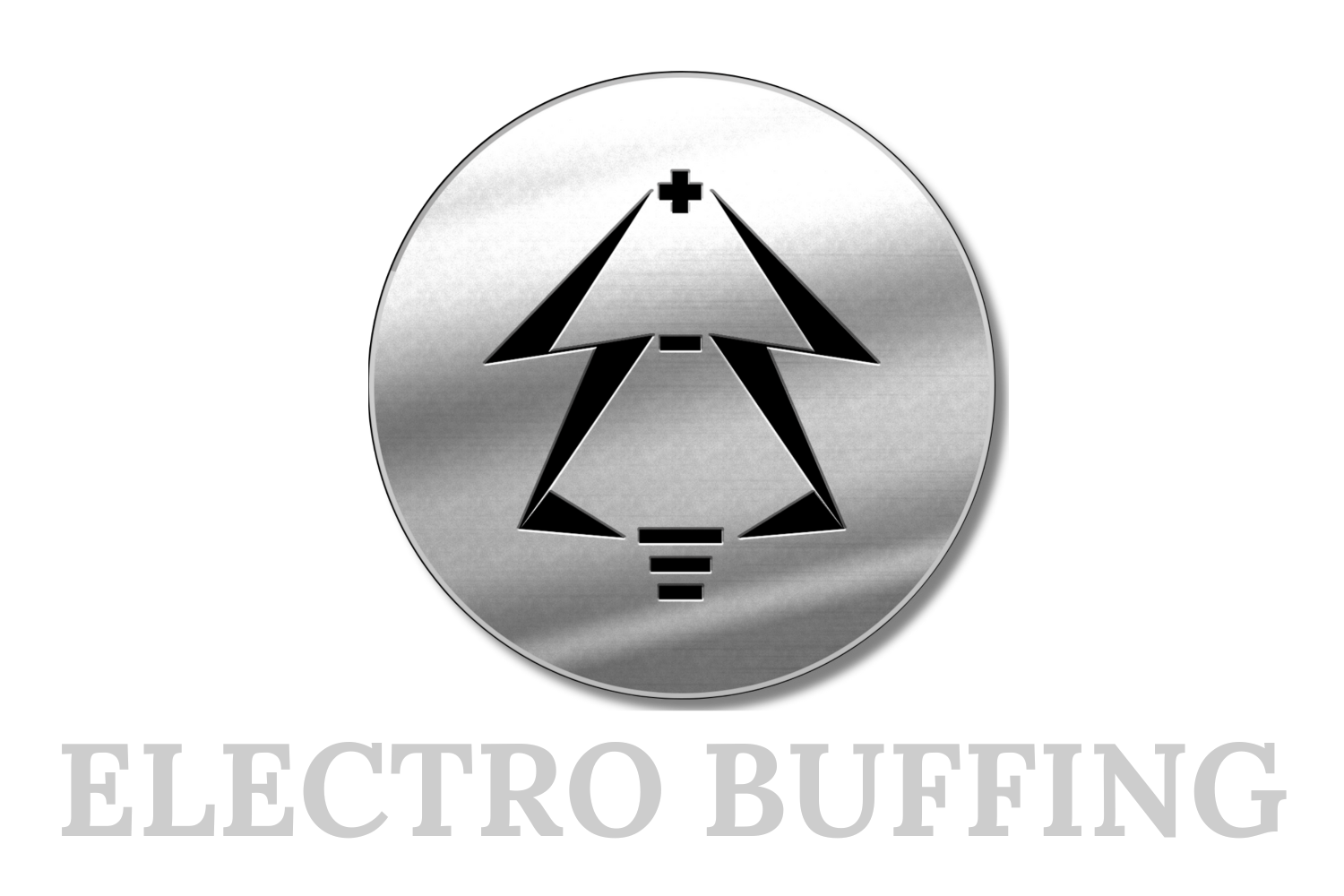 Mechnical Polishing
Mechnical Polishing
Precision Polishing Services for Flawless Metal Finishes
Professional Mechanical Polishing Services for Durable, Smooth, and High-Quality Metal Finishes. Enhance surface performance and aesthetics with precision-engineered polishing solutions tailored to meet your industry needs.

Our mechanical polishing service is ideal for applications across industries such as automotive, aerospace, manufacturing, food processing, and pharmaceuticals, where a smooth, clean surface is essential for both functional and aesthetic purposes.
Mechanical polishing is a finishing process that uses mechanical tools and abrasives to achieve a smooth, reflective surface on metal. The process involves multiple stages, starting with coarse abrasives to remove imperfections, followed by progressively finer abrasives to reach the desired level of smoothness and shine.
Mechanical polishing should be performed periodically based on wear and application needs to maintain optimal surface quality. It enhances smoothness, removes imperfections, and prepares surfaces for further treatments, ensuring durability and performance. Regular mechanical polishing improves aesthetics, reduces contamination risks, and extends the lifespan of components.
Mechanical polishing is a finishing process that uses mechanical tools and abrasives to achieve a smooth, reflective surface on metal. The process involves multiple stages, starting with coarse abrasives to remove imperfections, followed by progressively finer abrasives to reach the desired level of smoothness and shine. At ElectroBuffing, our expert team combines skill, precision, and extensive experience to deliver unparalleled results. We cater to a variety of industrial needs with high-quality mechanical polishing solutions, ensuring your equipment or product benefits from enhanced durability, ease of maintenance, and a professional finish.
Mechanical polishing offers significant advantages that enhance the performance, durability, and appearance of metal surfaces
Enhanced Surface Finish & Corrosion Resistance:
Polished surfaces minimize microscopic pits and crevices, reducing corrosion risks by eliminating potential spots where moisture or contaminants can accumulate.
Our Process for Superior Mechanical Polishing
Our multi-step mechanical polishing process ensures precise control over the finish and consistency:
- Preparation and Assessment: We assess the material’s condition and select the ideal abrasive grades for the desired outcome.
- Coarse Abrasive Application: The initial step uses coarse abrasives to eliminate roughness and imperfections.
- Progressive Refinement: Gradually, we move to finer abrasives to achieve the desired level of smoothness and reflectivity.
Industry Standards and Specifications
ASME BPE
(Bioprocessing Equipment)
Our polishing meets bioprocessing standards, emphasizing cleanliness and contaminant control, critical for pharmaceutical and biotech equipment.
NIDL No. 9012
(Finishes for Stainless Steel)
We adhere to finish requirements for stainless steel, suitable for sanitary and hygienic environments across various sectors.
ASME B46.1
(Surface Texture)
We maintain precise control over surface texture, including roughness and lay, ensuring compliance with specifications essential for high-performance and safety-critical applications.
Our Capabilities
Process
Shell
Min. 600mm to 1000mm ID & up to 3000mm length
Above 1000mm ID & up to any length
Min. 500mm and up to 4500mm OD & more than 800mm to 4000mm length
Min. & above 1100mm ID & more than 800mm length
Process
Pipe
Min. & above 32mm ID up to 6000mm Length
Min. 25mm to 100mm ID & up to 6000mm length
Process
Dishend
Min. & above 100mm ID
Min. 600mm ID up to 4500mm ID & up to 2000mm depth
What is mechanical polishing, and how does it work?
Mechanical polishing is a process that smooths and refines metal surfaces using abrasive tools and polishing pads. It removes imperfections like scratches and rough spots, enhancing the material's appearance and durability. This method is commonly used for metals like stainless steel and aluminum to improve their resistance to corrosion and rust.
What materials can be polished through mechanical polishing?
Mechanical polishing is suitable for a wide range of metals, including stainless steel, aluminum, copper, and brass. Each material requires specific polishing techniques and abrasives, which we customize for optimal results.
How does mechanical polishing differ from electropolishing?
While both methods achieve smooth finishes, mechanical polishing is a physical abrasion process, whereas electropolishing uses an electrochemical process to remove material. Mechanical polishing can create a polished, uniform surface, but electropolishing provides a finer, more corrosion-resistant finish and is better suited for intricate parts.
How does mechanical polishing help prevent rust and corrosion?
Mechanical polishing smooths out microscopic pits and crevices on the metal surface, which reduces places where moisture and contaminants can accumulate. This helps prevent rust and corrosion, making the metal more durable and resistant to environmental factors.
How long does the mechanical polishing process take?
The duration of mechanical polishing depends on factors like the material, size of the surface, and desired finish. Once we understand your project requirements, we can provide an estimated timeframe.
Is mechanical polishing environmentally friendly?
Mechanical polishing is generally more environmentally friendly than some other metal finishing methods, as it relies on physical abrasion rather than chemicals. However, we ensure that any materials and consumables used in the process are handled responsibly.
What surface finishes can ElectroBuffing achieve with mechanical polishing?
ElectroBuffing offers a variety of finishes, from a smooth matte look to a high-gloss, reflective surface, tailored to your application’s needs. We adhere to ASME B46.1 standards to meet industry-specific texture requirements.
Which industries use mechanical polishing?
Industries like pharmaceuticals, food processing, aerospace, and medical devices rely on mechanical polishing to meet stringent cleanliness and smoothness standards.
Can mechanical polishing remove scratches and weld marks?
Yes, mechanical polishing effectively removes scratches, weld marks, and surface defects, leaving a consistent, smooth finish.
How long does mechanical polishing take?
The time depends on the material type, size, and complexity of the surface. Small components may take a few minutes, while larger or intricate pieces require hours.


